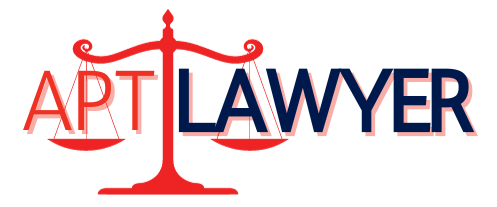Freedom of Expression and Media Rights in Uganda

Freedom of expression is a cornerstone of any democratic society, and in Uganda, it remains both a constitutional right and a topic of frequent public debate.
From political speech and media reporting to social media commentary and artistic expression, the scope of this right is broad. But how far does it really go—and where are the limits?
In this article, we explore the status of freedom of expression and media rights in Uganda, the legal protections in place, the challenges faced by journalists and citizens, and the future of open communication in the country.
1. The Legal Framework
Uganda’s Constitution under Article 29(1)(a) guarantees freedom of speech and expression, including freedom of the press and other media. This means every Ugandan has the right to express their opinions and share information freely—whether through print, broadcast, or online platforms.
In addition, Article 41 of the Constitution provides for access to information, empowering citizens to demand transparency and accountability from public institutions.
However, like many rights, freedom of expression is not absolute. It is limited by other laws, especially regarding issues like national security, public morality, and defamation.
2. Media Rights and Responsibilities
Uganda has a vibrant and diverse media landscape, comprising radio, television, newspapers, and digital media. Radio remains the most widely accessed medium, especially in rural areas, while digital platforms like X, TikTok, and Facebook have become powerful tools for civic engagement and political discourse.
Media houses and journalists have the right to:
- Report freely and independently
- Critique public officials
- Investigate corruption and expose abuse
However, these rights come with responsibilities, such as ensuring accuracy, avoiding hate speech, and respecting privacy laws. The Uganda Communications Commission (UCC) regulates media and broadcasting, and has the power to suspend, fine, or revoke licenses of media entities that violate established standards.
3. Challenges to Freedom of Expression
Despite constitutional protections, freedom of expression in Uganda has faced several obstacles, including:
- Harassment and arrests of journalists during political events and demonstrations
- Internet shutdowns during elections (e.g., 2016 and 2021), which restricted digital communication
- Strict regulation of online content, including bloggers and influencers, some of whom are required to register and obtain permits
- Use of laws such as the Computer Misuse Act to prosecute individuals for offensive communication or cyber harassment
- Self-censorship by media outlets fearing state retribution
Such limitations often create an environment of fear or caution, especially around politically sensitive topics.
4. The Role of Civil Society and Legal Advocacy
Numerous civil society organizations, legal aid groups, and human rights defenders continue to advocate for stronger protections of media freedoms and freedom of expression.
Groups such as the Uganda Human Rights Commission (UHRC), Chapter Four Uganda, and Human Rights Network for Journalists (HRNJ-Uganda) have been instrumental in:
- Documenting violations
- Providing legal support to victims
- Engaging in legal reform and public awareness campaigns
Their efforts have also led to important court rulings affirming freedom of expression, such as the Constitutional Court’s judgment in 2021 that struck down parts of the Computer Misuse Act as unconstitutional.
5. Social Media and the New Frontier
Social media has become a powerful platform for Ugandans to speak out on national issues, organize civic action, and demand accountability. However, it has also led to greater surveillance, online harassment, and legal threats, especially against bloggers, activists, and opposition figures.
Recent debates around data protection, fake news, and misinformation have also prompted discussions on how to balance freedom with responsibility in the digital age.
6. Looking Ahead
Freedom of expression and media rights are essential for democracy, development, and justice. While Uganda has made strides in recognizing these rights, more needs to be done to:
- Protect journalists and whistleblowers
- Limit state overreach and censorship
- Promote responsible and ethical media practices
- Ensure digital rights and access to information are respected
As technology evolves and civic awareness grows, Ugandans must continue to safeguard their right to speak, report, question, and imagine freely—because a society that listens is a society that grows.
In conclusion, the right to express oneself is not just about speaking—it’s about being heard. It’s about participating in the national conversation, holding power to account, and shaping the future of our communities. Whether in print, audio, or video, freedom of expression and media rights reflect the strength of Uganda’s democracy.
